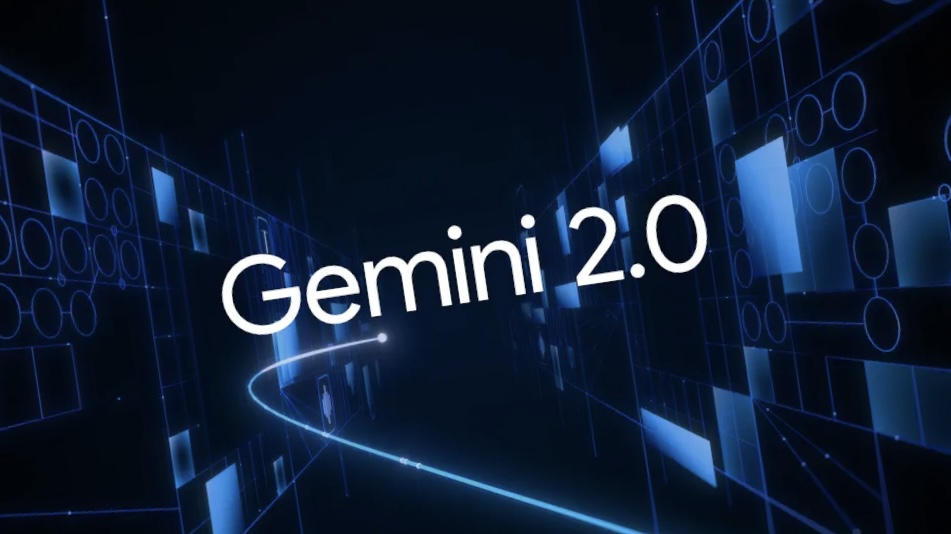
Google unveils Gemini 2.0 -- is it better than ChatGPT?
Google has finally unveiled Gemini 2.0, an evolution of its AI models designed to usher in a so-called “agentic era.” Sundar Pichai, CEO of Google and Alphabet, has described this as a major leap forward for AI, emphasizing the model’s advanced reasoning, multimodal capabilities, and its potential to revolutionize tools like Google Search, among others. While Google is making big promises, my own experience with Gemini has left me wondering if it’s really a match for the historically superior ChatGPT.
Gemini 2.0 builds on the successes of previous iterations, like Gemini 1.5, and aims to push boundaries with native image and audio output, text-to-speech capabilities, and native integration with tools like Google Search and coding functions. Google is pitching this as more than just an AI chatbot. The model is described as a foundation for creating AI agents capable of handling complex, multi-step tasks, from generating research reports to serving as a developer assistant. Projects like Astra, Mariner, and Jules further showcase Google’s ambition to embed AI into everyday workflows and beyond.

Google launches its own AI alternative to ChatGPT called Bard
It has been hard to avoid ChatGPT in recent weeks, with the AI-powered chatbot becoming the fastest growing app of all time. Today, Microsoft is expected to use a last-minute event to announce the integration of ChatGPT into Bing, but Google has already tried to steal the Windows-maker's thunder by announcing its own AI service, Bard.
Sundar Pichai is billing Bard as "an important next step on our AI journey", and it is currently available to a group of "trusted testers". In the coming weeks, however, the ChatGPT rival will be made publicly available, he promises.
